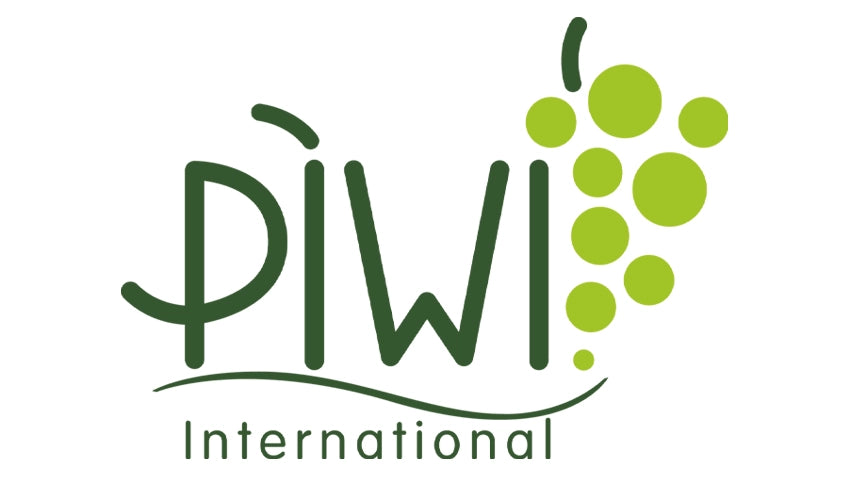
PIWI is an international group of researchers, enologists, and winemakers who are collaborating to design the future of wine varietals. Regardless of one’s political opinion on the origin of climate change, the devastating and impactful effects over the last two decades are self-evident. Founded in Switzerland in 1999, PIWI members are searching for fungus-resistant grape varieties. By crossing grapevines and creating new hybrid varieties, the researchers are seeking to improve the viticultural DNA that will be better able to resist vine diseases.

Not surprisingly, many of these members are located in Germany, Austria, Switzerland, and other northern European countries. These countries have traditionally faced difficulties with achieving full wine grape ripening due to the cold climate. Today, climate change and warmer weather has led to historic change in where and how wine grapes are grown. The outstanding sparkling wines that have emerged from southern England in the last twenty years are an excellent example that demonstrates this change.
Changes in precipitation patterns, extreme weather (both heat in the summer and cold in the winter), drought, and other climate challenges have forced a number of producers even in France and Italy to trial hybrid grapes. Agricultural areas that were previously believed to not be suited for viticulture are now planting experimental vineyards to trial hybrid grapes.

Some of the hybrids include Muscat bleu, a red wine with a moscato nose. Villaris and Felicia are both crosses of Sirius and Vidal blanc that give light white wines with medium acidity. Baron is a red wine cross of Cabernet Sauvignon with Merzling and Zarya Severa and St. Laurent that gives a fruity wine with deep color and extract. Cabernet Blanc is a white wine that is a cross of Cabernet Sauvignon with several mildew resistant crossing partners. Regent is a cross of Diana, which is itself a cross of Silvaner and Muller-Thurgau, and Chambourcin. The resulting red wine has notes of cherries, plums, and is reminiscent of Merlot or Dornfelder.
But Are The Wines Any Good?
In the past, many of these hybrid wines, if we’re being honest, just weren’t that good. Many of the wines suffered mousy smells, volatile acidity (smell and taste of vinegar), and other common flaws. Today, technology and innovation in wine science has dramatically improved the prospects and quality of wines from resistant varieties. After attending a tasting of a selection of these hybrid grape variety wines selected from some of the best produced in Italy, there is potential for these wines.
Wine enthusiasts who are curious about these wines can look for young wines (one to three years old) as a way to dip their tongues, especially when visiting northern European countries. Don’t be afraid to drink wine, not labels!
Big Hammer Wines
The wine experts at Big Hammer Wines taste thousands of wines every year from around the globe, looking for quality and value. This special offer reflects the passion we have for our clients.
Discover the world through its wines, Click Here! Visit Bighammerwines.com and become a wine expert!
Leave a comment (all fields required)
Comments will be approved before showing up.


